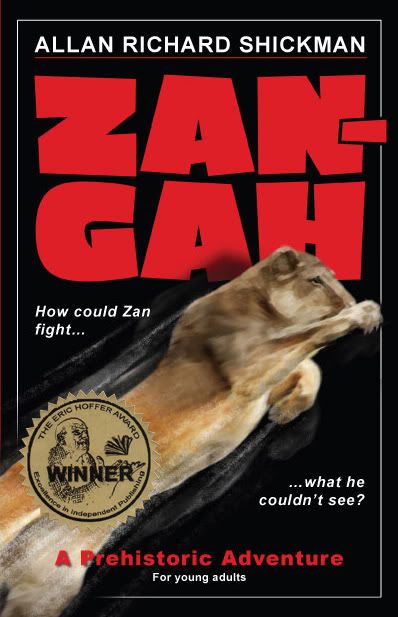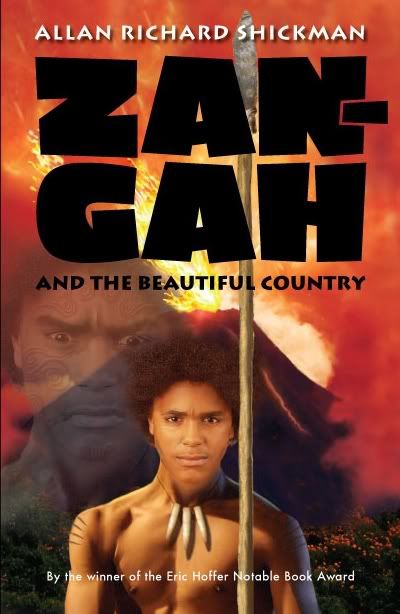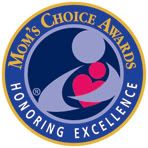
BLURB:
I love all my “children,” but my favorite character is Rydl, as I said before. I like the way he develops, from a frightened runaway child in the first book, to a successful and authoritative man in the third (as yet unpublished) book in the series. Rydl is about ten years old when he is introduced in Zan-Gah: A Prehistoric Adventure.
EXCERPT:
“The terrified child was trying to bite Zan, and it was a long time before Zan could calm the youngster and convince this intruder that there was no danger. Eventually the child slept, exhausted by the powerful emotions it had experienced, and Zan slept too.
“Zan was awakened the next morning by the sound of the waif searching his sack for food….The child, ugly, ragged and dirty, was hungry to the point of starvation.”

BLURB:
In the sequel, Zan-Gah and the Beautiful Country, Rydl has become a great friend of Zan-Gah, the book’s hero, and develops an inventive resourcefulness of his own.
EXCERPT:
“When Rydl was nine years old, Styg’s brutalities sent him running. By sheer accident Zan-Gah in his wanderings became the father and brother Rydl so much needed. Zan had found him under the vines, wretched, terrified, and near starvation, and had taken him into his care. Rydl gratefully followed Zan to the point of being an annoyance—trailing his footsteps, singing, talking to himself, and hopping about….His happiness showed itself in an unusual restlessness of spirit. He was continually playing, climbing, jumping from rock to rock, chasing a chipmunk, shouting to hear his echo, or simply babbling to the empty air.
“But as he grew older, Rydl developed a different restlessness, more of the mind than the body. Now he would shout to the cliffs to see how long it took for his echo to return; and he would wait silently for a chipmunk to appear in order to study its habits. He watched the behavior of ants by the hour—how they moved in predictable ways, or how the red ants instinctively fought the black ones. ‘People are like that too,’ he had commented to Zan, and Zan had thought over and remembered Rydl’s words.”
“What Rydl had that his fellows lacked was a creative imagination. He occupied a separate world as lively as theirs was stolid and dull. While others plodded on in the same old way their fathers had, Rydl, who no longer had a father, was constantly inventing new solutions, or at least asking new questions. Little escaped his notice and his wonder.”
“Rydl had learned to take care of himself. He knew a dozen ways to trip up his enemies, and could quickly invent still more—like the time he gave poison mushrooms to the great louts who tried to kidnap him and ran away while they were vomiting.”

BLURB:
In the third book, Rydl is prosperous and attractive, even though he has sustained a crippling wound. Here’s a preview excerpt from the new, unpublished sequel, Dael and the Painted People.
EXCERPT:
“As for his charm, probably ten young women regarded him as a marriage prospect. Had not Sparrow adored him? Everybody was the recipient of, and responded to, his innate graciousness. It was extended to the harshest among them, and even as he was getting the best of a hard bargain, he won over his competitors with his unassuming ways, causing them to feel that if they had not gotten all they wanted, they had not been humiliated either. Rydl was not greedy, and indeed he gave away much of what he had. That too was part of his appeal—not merely that he gave, but that he never allowed himself to become acquisitive or proud. Why are some people charming? It is not a matter of natural beauty, although Rydl had that in abundance too.”
Rydl is only a secondary character, but I really like him. I guess he charmed me too.
his website: www.zan-gah.net
his facebook page: www.facebook.com/people/Allan-Shickman
























